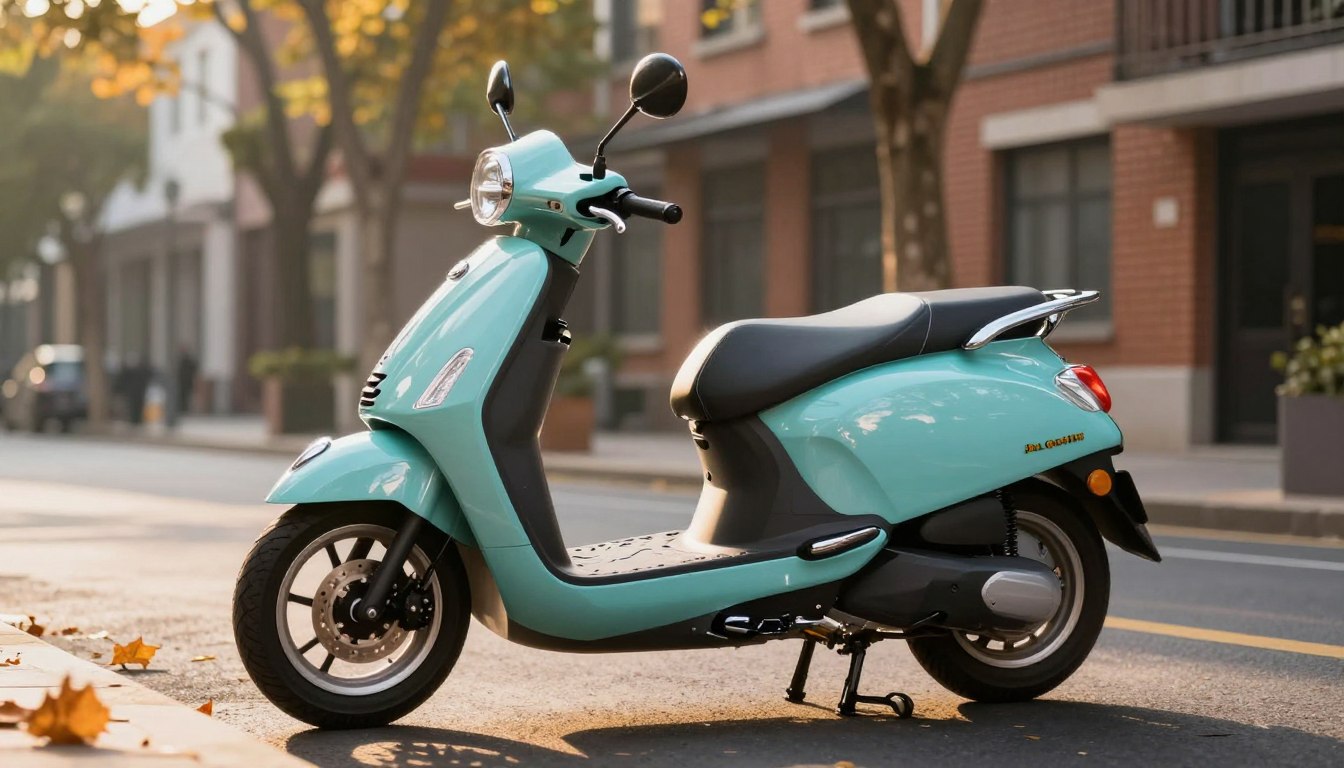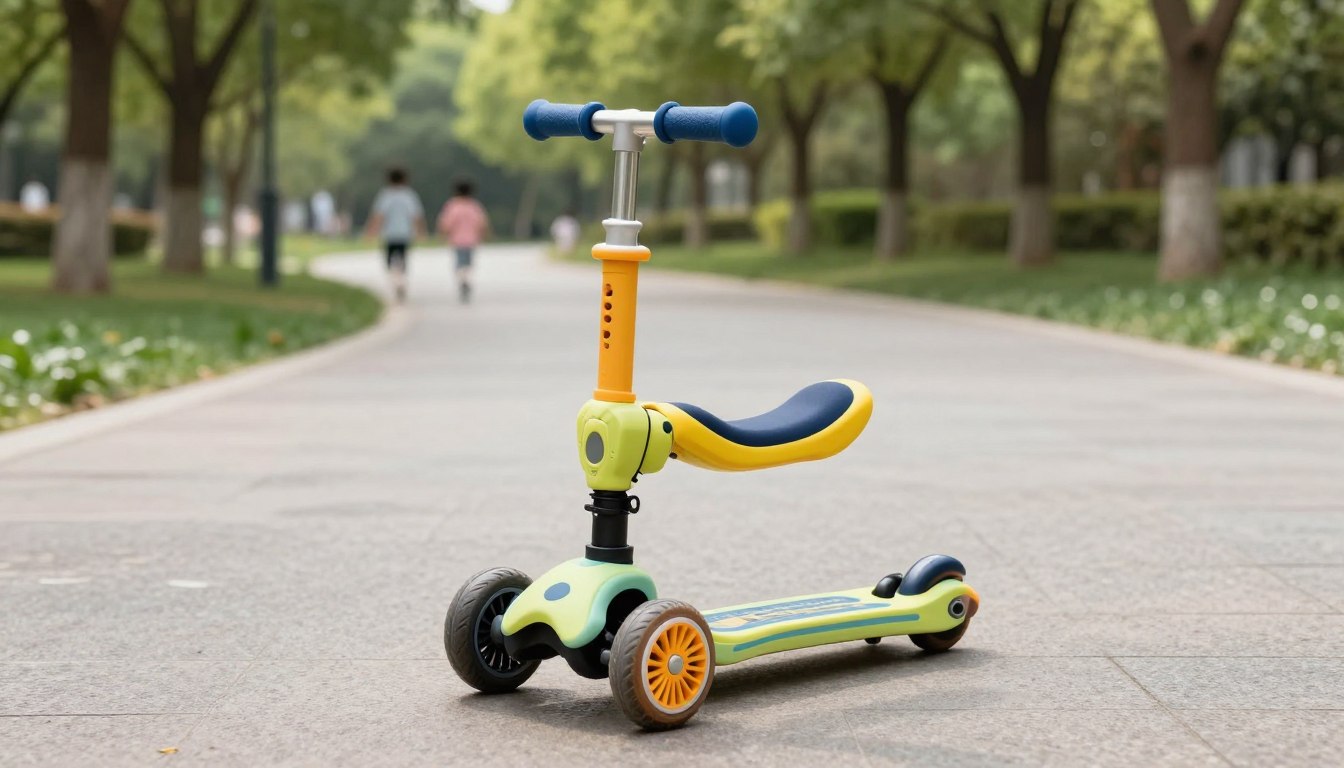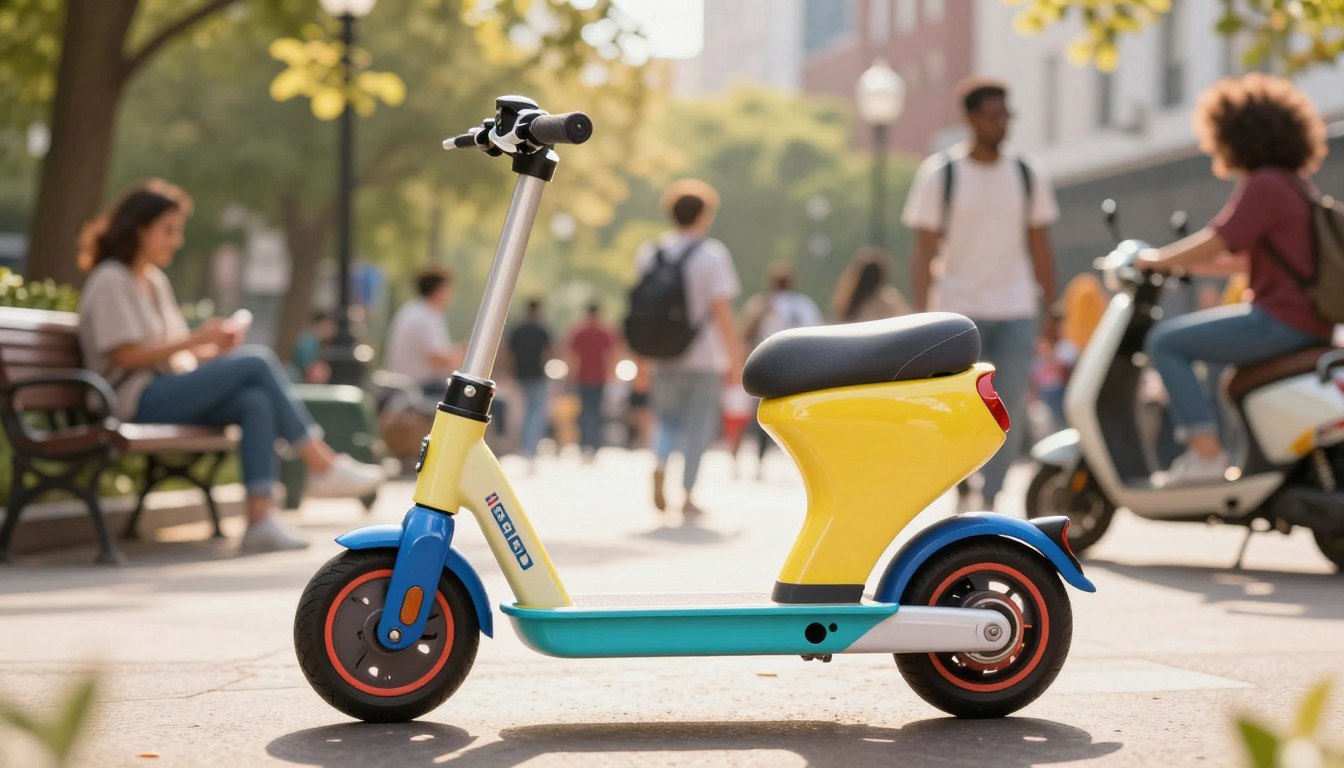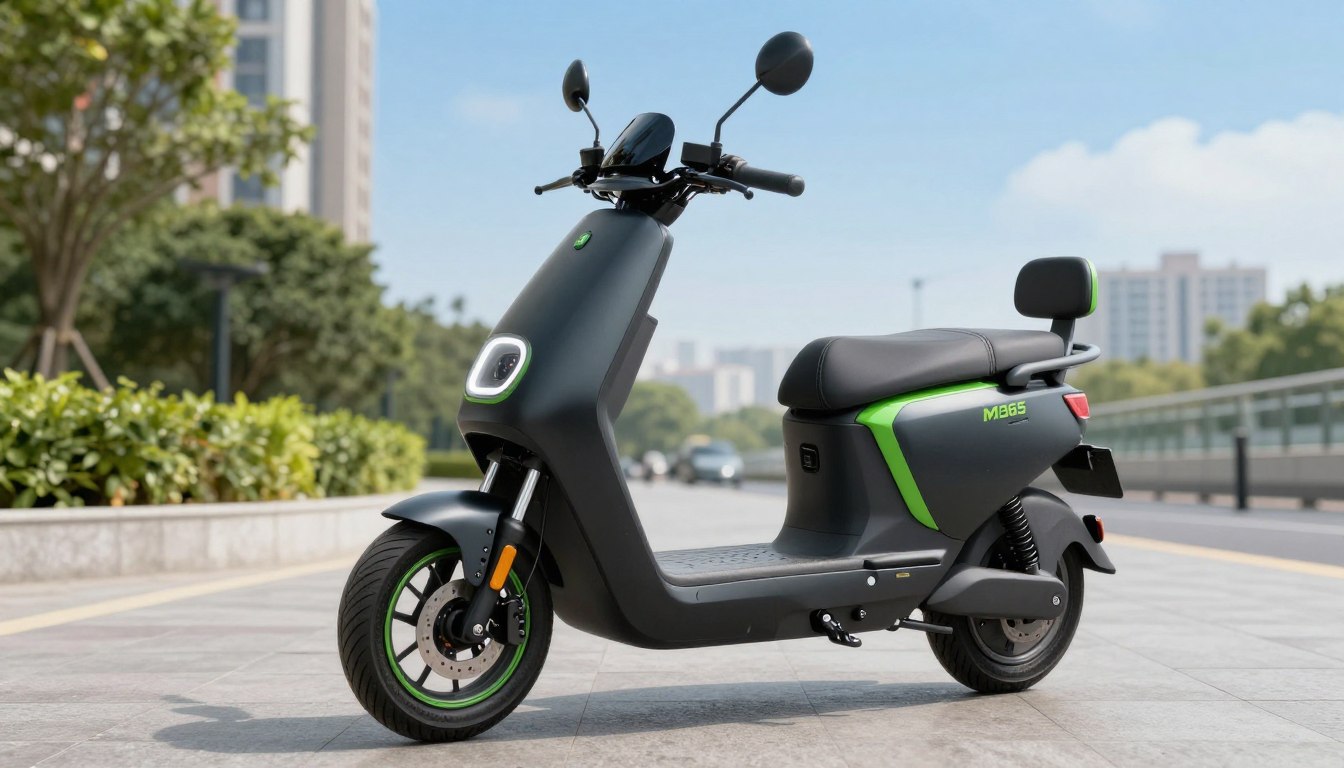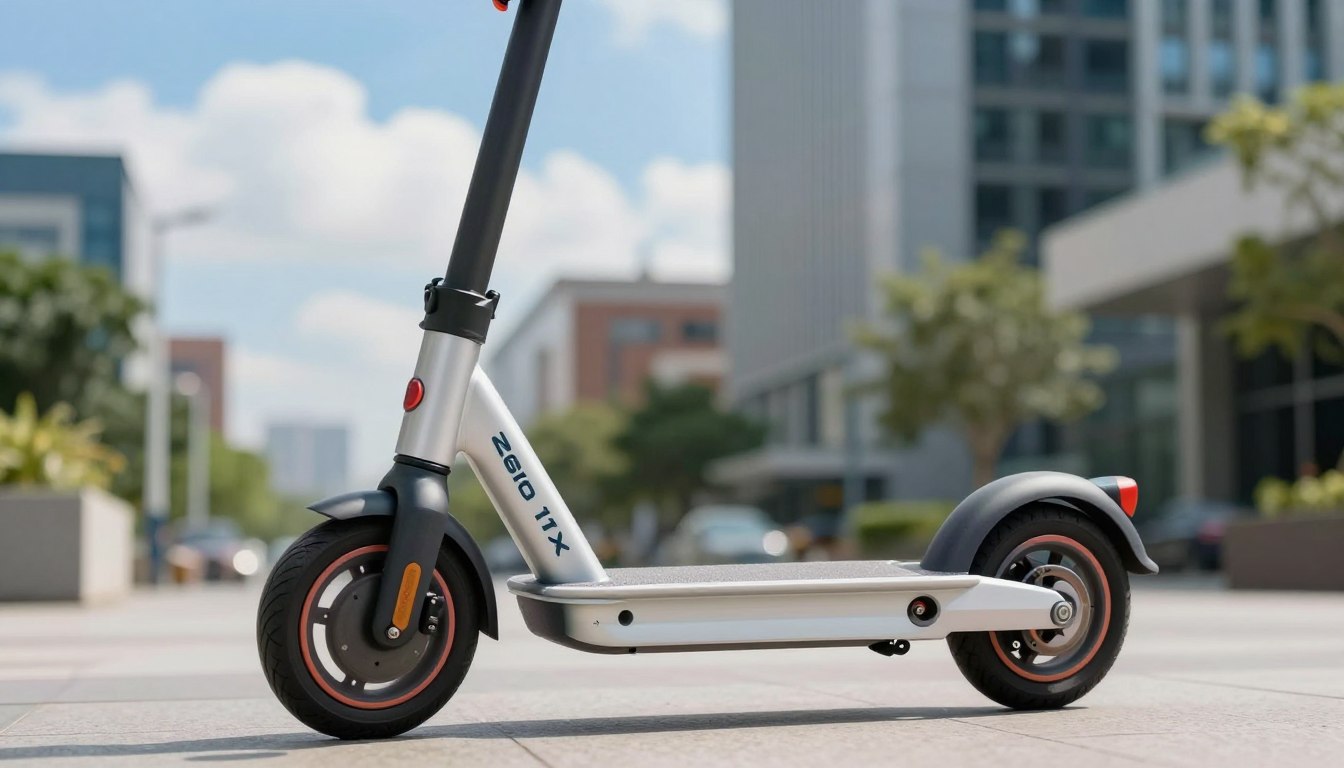
Ola S1 Pro Scooter: High-Performance Electric Vehicle
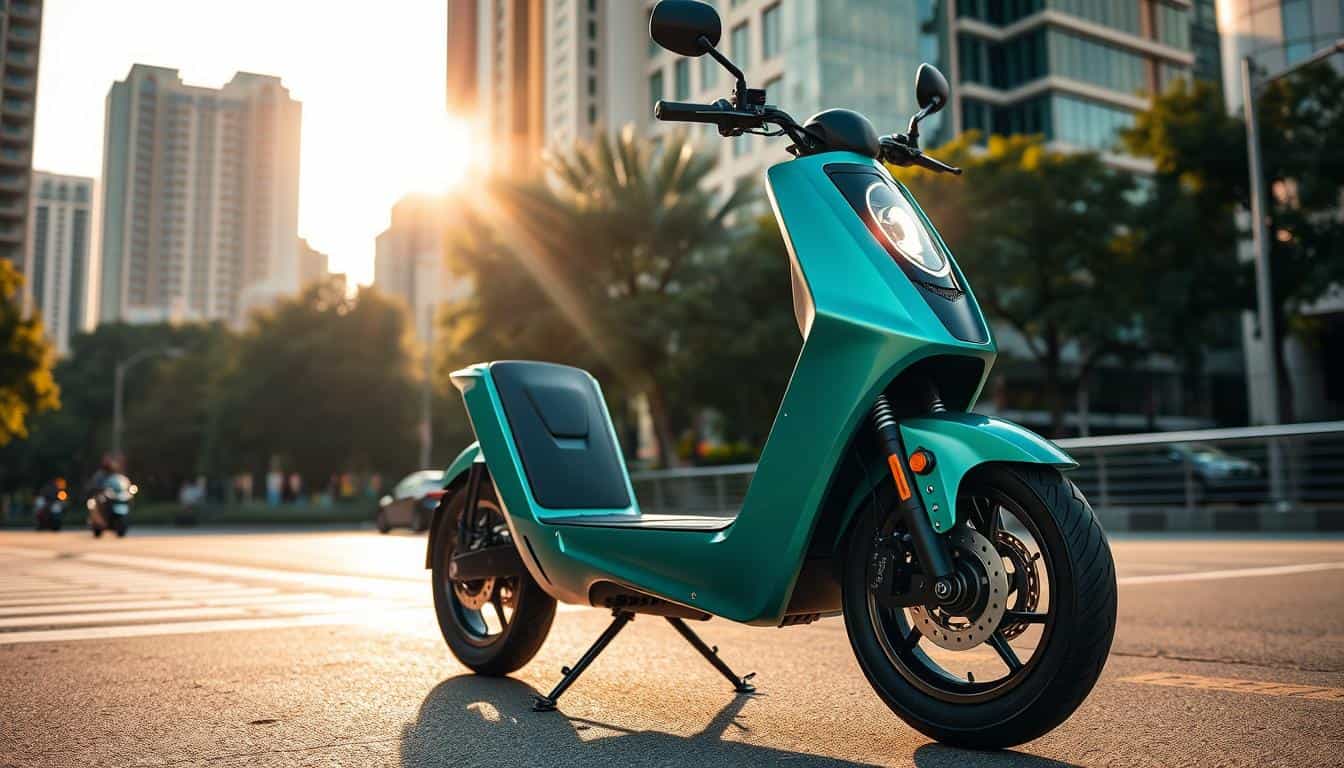
Urban mobility is evolving, and the Ola S1 Pro leads the charge as India’s premium electric vehicle. Designed for speed and efficiency, it combines cutting-edge technology with sleek aesthetics. Riders enjoy a thrilling experience with its top speed of 120 km/h and an impressive 195 km range on a single charge.
Recent Gen 3 updates enhance stability, offering better weight distribution for smoother city handling. The advanced 7″ touchscreen keeps drivers connected, blending smart features with intuitive controls. Whether navigating tight streets or cruising open roads, this model delivers both power and precision.
Competing with rivals like the Ather 450X and Bajaj Chetak, it stands out with its blend of performance and innovation. Later sections will dive deeper into how it compares. For now, one thing is clear—this two-wheeler redefines what an electric vehicle can achieve.
Introduction to the Ola S1 Pro
Electric mobility is gaining momentum, and premium options like the Ola S1 Pro redefine urban travel. As a leader in India’s EV space, Ola Electric combines cutting-edge tech with sustainable solutions. This model stands out with its bold design and high-performance features.
The latest Gen 3 updates refine the experience. A lighter frame and improved suspension ensure smoother rides. Riders also benefit from better weight distribution, making city commutes effortless.
Three battery options cater to different needs:
- 3kWh: ₹1.44L (ex-showroom)
- 4kWh: ₹1.64L
- 5.3kWh (Plus): ₹1.84L
Available in Jet Black, Porcelain White, and Industrial Silver, the scooter suits varied tastes. It competes with the Ather 450X and TVS iQube but leads with its Futurefactory manufacturing—a hub for innovation and scale.
From battery choices to smart tech, the Ola S1 Pro balances affordability and premium appeal. It’s a standout in the electric two-wheeler market.
Design and Build Quality
Modern electric vehicles blend innovation with style, and the design stands out. Sleek lines, vibrant colours, and smart engineering create a head-turning look. Every curve serves a purpose, balancing aesthetics with aerodynamics.
Sleek Aesthetics and Color Options
Six vibrant colours cater to diverse tastes, from bold blues to elegant neutrals. LED lighting adds a futuristic touch, while alloy wheels enhance durability. The Gen 3 model sheds 5kg in kerb weight, making it nimbler than its predecessor.
Ergonomics and Comfort
The redesigned single-piece seat offers better support for long rides. At 805mm tall, it suits most riders, and the 165mm ground clearance handles rough roads with ease. Waterproof components (IP67-rated) ensure reliability in all weather.
Boot Space and Practicality
With 34L under-seat storage, it fits two helmets or a week’s groceries. The reduced kerb weight (116kg) improves handling without compromising sturdiness. Small details, like the ergonomic handlebar, make daily commutes effortless.
Performance and Speed
Power meets precision in this high-performance two-wheeler. The mid-drive IPM motor delivers 11kW peak power, translating to rapid acceleration. It hits 40km/h in just 2.6 seconds, making city stops effortless.
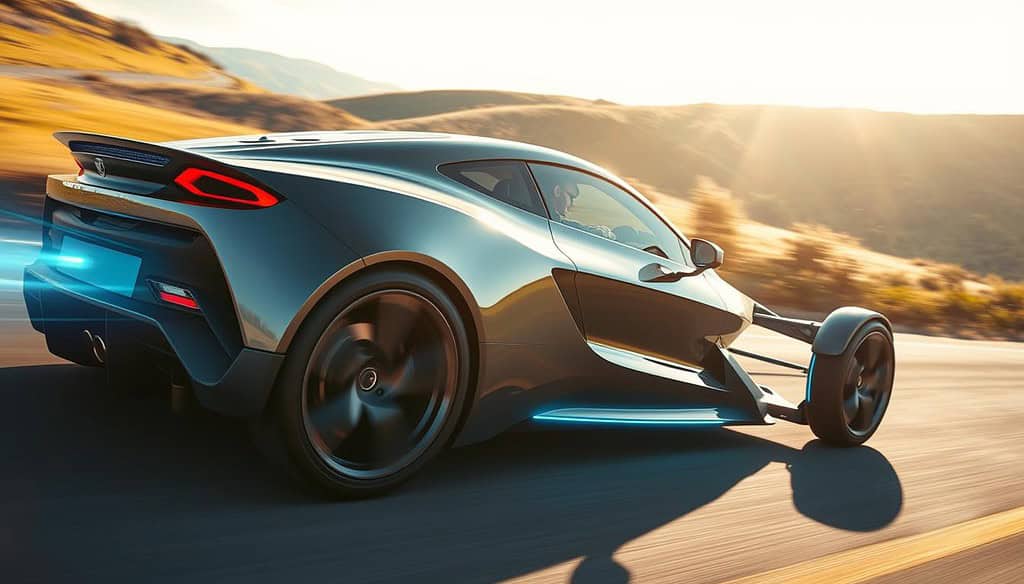
Motor Power and Acceleration
The Gen 3 update sharpens responsiveness. A 0–60km/h sprint takes 4.3 seconds, outpacing many rivals. Hyper mode, exclusive to Pro variants, unlocks maximum torque for steep climbs—up to 24° gradeability in the 5.3kWh model.
Top Speed and Drive Modes
With a top speed of 120km/h, it balances thrill and efficiency. Three drive modes adapt to needs:
- Eco: Maximizes range (195km) but caps speed.
- Normal: Balances power and battery life.
- Sport: Prioritizes performance with aggressive throttle response.
Braking and Suspension
Dual hydraulic disc brakes with CBS ensure confident stops. Regenerative braking recovers 15% energy, boosting range. The twin telescopic front suspension outperforms basic forks, absorbing bumps for a smoother ride.
This setup combines agility and stability, whether weaving through traffic or cruising highways. Every component works in harmony to elevate the riding experience.
Battery and Range
Efficient energy use defines modern electric mobility, and battery technology plays a crucial role. The 4kWh variant boasts a certified range of 242 km, though real-world tests show around 180 km in Eco mode. Factors like payload (tested with an 80kg rider) and terrain can trim this further.
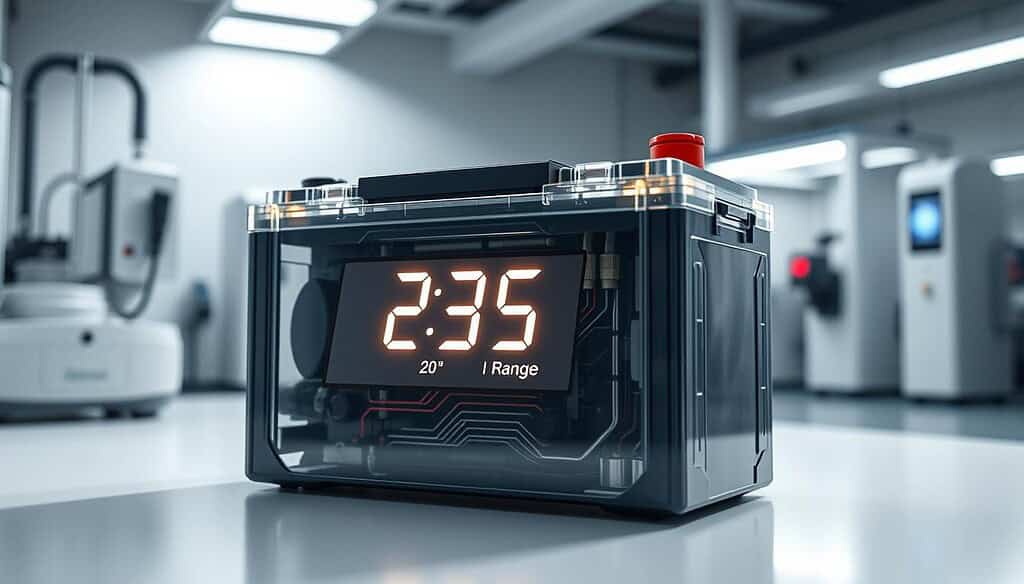
Certified vs. Real-World Range
Lab results often differ from daily use. Cold weather, for instance, can reduce efficiency by 10–15%. Hyper mode sacrifices range for speed, while Eco prioritizes every km. Riders should plan for 20% less than the advertised maximum.
Charging Time and Options
A 750W portable charger refills the 4kWh battery to 80% in 4.5 hours. The 5.3kWh model needs 7 hours. Fast-charging networks cut this time but are scarce in some areas. Swappable battery options (lower trims only) add flexibility.
Battery Warranty and Longevity
An 8-year warranty covers significant degradation. Lithium-ion cells typically lose 2–3% capacity annually. Proper care—like avoiding full discharges—extends lifespan. This peace of mind makes long-term ownership viable.
Ride Experience and Handling
From city streets to open highways, the ride adapts effortlessly. The 12-inch tubeless tires (90/90 R12) and 1359mm wheelbase ensure stability, while a tight 2.1m turning radius aids urban agility. Whether navigating traffic or cruising at speed, the experience feels intuitive and controlled.
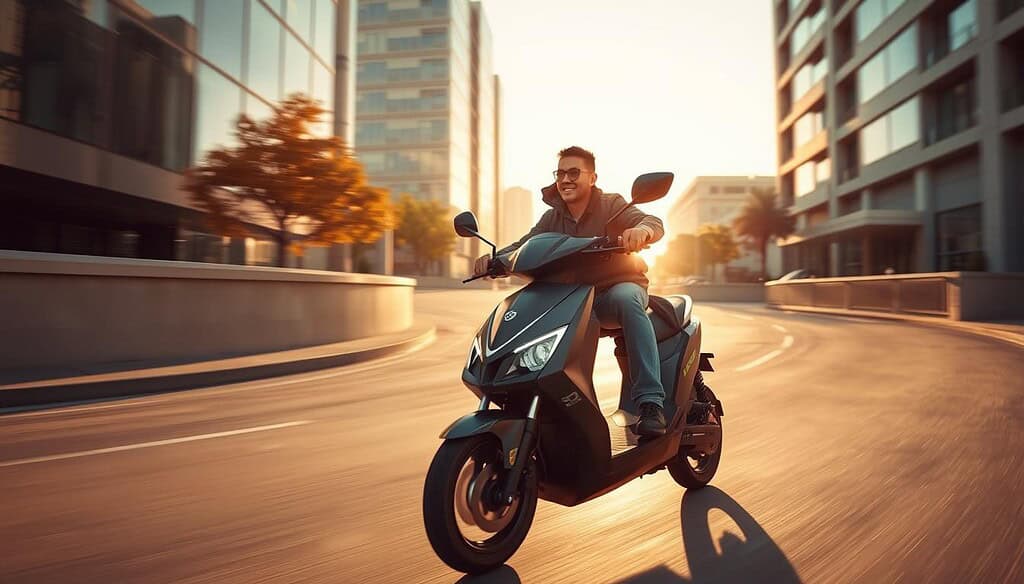
City vs. Highway Performance
In stop-and-go traffic, low-speed stability shines. The suspension absorbs bumps, and the lightweight frame makes quick maneuvers easy. At 90+ km/h, minor wobbles may occur, but the hydraulic brakes inspire confidence.
Highway rides benefit from the responsive motor and balanced weight distribution. Three factors enhance long-distance comfort:
- Ergonomic seat: Reduces fatigue for rider and pillion.
- Regenerative braking: Smooth deceleration without abrupt stops.
- Wind resistance: Streamlined design minimizes drag.
Comfort on Different Terrains
Potholed roads test the suspension, but the telescopic forks handle rough patches well. Tall riders (180cm+) may find the rider triangle slightly cramped, though adjustable handlebars help. For pillions, the spacious footboard and padded seat improve long-haul comfort.
Overall, the experience balances sporty handling with everyday practicality. It’s a versatile performer for varied road conditions.
Advanced Features and Technology
Cutting-edge technology elevates every ride with smart, intuitive features. The premium electric scooter combines a futuristic dashboard with connected conveniences, making it a standout in urban mobility.
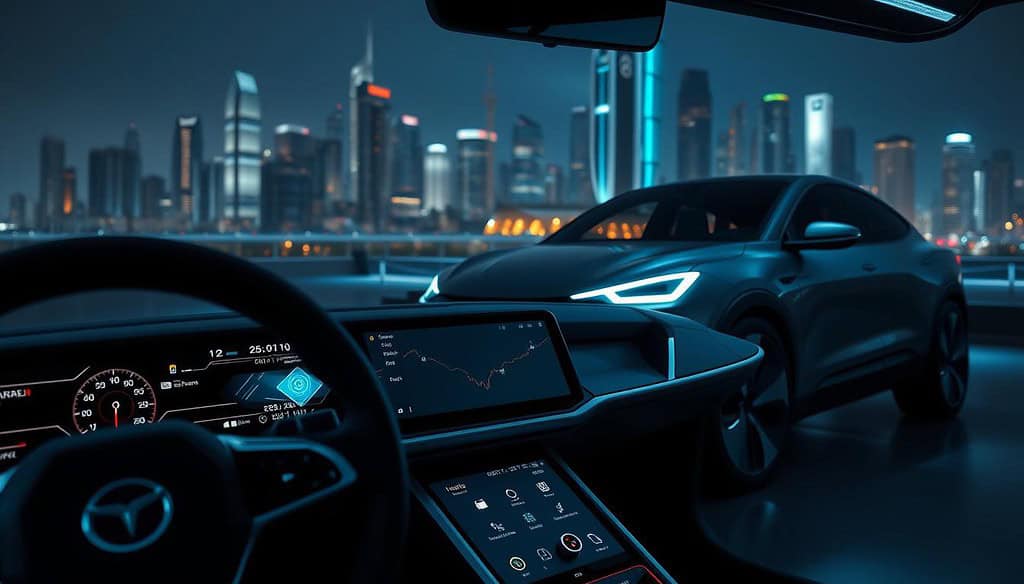
Touchscreen Instrument Cluster
The 7″ TFT display (800×480 resolution) outshines basic LCD screens. Riders get crisp navigation maps, live traffic updates, and music controls—all at a glance. Over-the-air updates keep the system current without dealership visits.
Smart Connectivity and App Integration
Pair your phone via Bluetooth to access ride stats, geo-fencing, and theft alerts. The companion app unlocks remote functions like boot release or battery checks. Predictive maintenance alerts warn of issues before they escalate.
Safety and Convenience Features
Safety tech includes hill-hold assist, cruise control, and regenerative braking. Reverse mode simplifies parking, while side-stand alerts prevent mishaps. Three drive modes (Eco, Normal, Sport) adapt to terrain and riding style.
- Live navigation with rerouting for congestion.
- Bluetooth speakers for hands-free calls or music.
- Hypercharger network (100+ stations) for quick top-ups.
These features blend practicality with innovation, offering a ride that’s as smart as it is thrilling. Explore more about this premium electric scooter and its tech suite. With cutting-edge technology like regenerative braking and an intuitive touchscreen interface, these scooters redefine the urban commuting experience. For those considering a switch to electric, the ola electric scooters overview provides an in-depth look at performance, sustainability, and design. Embrace the future of transportation and discover how these scooters can enhance your daily journey.
Why the Ola Scooter S1 Pro Stands Out
The electric revolution is here, and this model sets new benchmarks. With a 92% better range than segment averages and a 93% higher top speed, it outperforms rivals effortlessly. Riders get a rare blend of endurance and adrenaline, all wrapped in cutting-edge design.
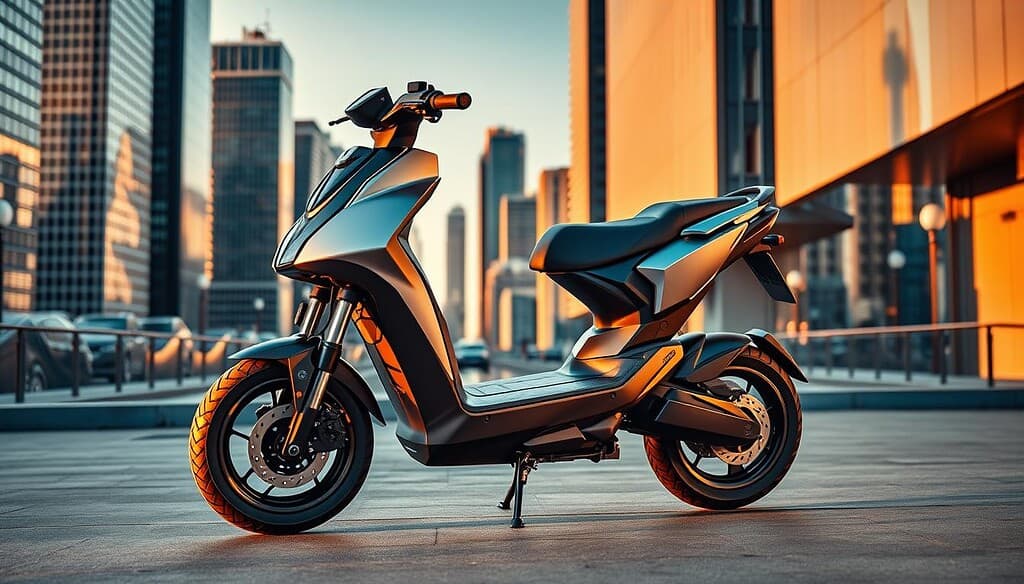
Against competitors like the Ather 450X, it shines with proprietary motor technology. The mid-drive IPM system delivers smoother acceleration and future-proof efficiency. Key advantages include:
- Government subsidies: Eligible for up to ₹30,000 in EV incentives.
- Resale value: Projected to retain 70% value after 3 years.
- Customization: Over 50 accessories, from storage add-ons to decals.
Its future-ready tech isn’t just about specs—it’s about smarter ownership. Over-the-air updates keep features fresh, while the Hypercharger network cuts downtime. For riders prioritizing innovation and long-term value, this is the clear choice.
Pricing and Variants
Budget-conscious riders need clear insights into costs and options before buying. The electric two-wheeler market offers flexible choices, from entry-level to premium models. Smart comparisons ensure every rupee delivers maximum value.
Ex-Showroom Prices Across Models
The 3kWh variant starts at ₹1.30L, while the 4kWh version costs ₹1.45L. For those seeking balance, the S1 Air (₹1.25L) and S1 X+ (₹1.42L) offer mid-tier performance.
State subsidies like Maharashtra’s ₹30,000 discount lower the final price. Corporate programs and EMI plans (e.g., ₹5,499/month) ease upfront burdens.
Value for Money Analysis
The 4kWh model justifies its higher cost with extended range and faster charging. Key perks include:
- Insurance: ~₹8,000/year, covering theft and damage.
- Price lock: Guarantees no hikes for 90-day bookings.
- Resale: Higher retention due to brand demand.
Whether prioritizing affordability or features, each variant caters to distinct needs. Riders can match their budget to the right blend of performance and practicality.
Ownership Costs and Maintenance
Smart ownership means balancing upfront costs with long-term savings. Electric vehicles slash fuel bills, but understanding maintenance and service needs ensures budget-friendly rides. Here’s what riders should know.
Electricity Costs vs. Fuel Savings
At ₹0.17 per km, charging is 80% cheaper than petrol. A 40km daily commute saves ~₹2,000 monthly. Key factors:
- Home charging: 5–7 hours for a full battery.
- Public stations: Faster but may add ₹50–100 per session.
- Battery care: Avoid deep discharges to prolong lifespan.
Service Network and Reliability
With 400+ service centers nationwide, help is rarely far. A 3-year package (~₹12,000) covers:
- Brake pads: Replace every 8,000 km.
- Tire rotation: Recommended every 6 months.
- Software updates: Free for the first 5 years.
Mobile service vans reach remote areas, minimizing downtime. For peace of mind, extended warranties cover major components up to 8 years.
User Reviews and Common Feedback
Riders share mixed opinions about this electric two-wheeler, highlighting both strengths and areas for improvement. While many love its cutting-edge tech, others note gaps between promises and real-world experience. Let’s break down the highs and lows.
What Owners Love
Performance tops the praise list. The instant acceleration and smooth handling make city commutes thrilling. Users also rave about the 7″ touchscreen, calling it intuitive for navigation and music control.
Tech-forward features like regenerative braking and hypercharging earn high marks. One rider noted, “It’s like riding the future—just without the gas stops.”
Where It Falls Short
Range accuracy sparks debate. Though advertised for 195 kms, real-world tests show 70–80 kms at 80kg payload. Cold weather or hilly terrain can slash this further.
Service inconsistencies frustrate owners. Common complaints include:
- Delayed warranty claims due to paperwork hurdles.
- Uneven service center quality—some lack trained technicians.
- Mobile app glitches, like disconnecting mid-ride.
Despite these hiccups, the design scores 4/5 stars, while service averages 3/5. For many, the pros outweigh the cons—but brands must address support gaps to retain trust.
Final Verdict: Is the Ola S1 Pro Worth It?
After analyzing all aspects, this electric scooter delivers strong value for money with its tech-packed design and low running costs. Experts rate it 4/5 based on 35 verified reviews, praising its urban agility and smart features. Additionally, users have highlighted the impressive battery life and efficient performance, making it an ideal choice for daily commuting. In the comprehensive yadea electric scooter review, many riders expressed satisfaction with its lightweight frame and ease of maneuverability in crowded city streets. With a blend of functionality and affordability, this scooter stands out as a top contender in its category.
Urban commuters benefit most from its 180km real-world range, while enthusiasts enjoy sport mode’s acceleration. Budget buyers can explore alternatives like the TVS iQube under ₹1L, though they lack comparable performance. According to long-term tests, depreciation stays below 30% over three years—better than many gas models.
Regularly updated software keeps it future-ready, and its eco-friendly operation saves 5x fuel costs annually. For long-term ownership, this model balances innovation with practical affordability.
FAQ
What is the top speed of the Ola S1 Pro?
It reaches a peak speed of 115 kmph in Sports mode, making it one of the fastest electric scooters in its segment.
How long does it take to charge the battery fully?
Using a standard home charger, it takes about 6.5 hours. Fast charging at Ola Hyperchargers can bring it to 50% in just 18 minutes.
What is the real-world range on a single charge?
While the certified range is 181 km, real-world conditions like terrain and riding style typically deliver 120–140 km per charge.
Does it come with a warranty?
Yes, the battery is covered for 3 years or 50,000 km, whichever comes first, ensuring long-term reliability.
What colors are available?
Buyers can choose from bold shades like Midnight Blue, Porcelain White, and Jet Black, along with limited-edition options.
How does it handle city traffic?
With agile handling and three ride modes (Normal, Sport, Hyper), it easily navigates congested streets while offering smooth acceleration.
Is maintenance expensive?
Electricity costs are far lower than fuel, and service intervals are less frequent, reducing long-term ownership expenses.
Can I test ride before buying?
Yes, Ola offers test rides at experience centers. Booking one through their app or website is quick and easy.
What safety features does it have?
Features include regenerative braking, side-stand detection, and an anti-theft alarm, prioritizing rider security.
How does the touchscreen enhance the ride?
The 7-inch display offers navigation, music control, and ride analytics, all accessible via voice commands for a seamless experience.

